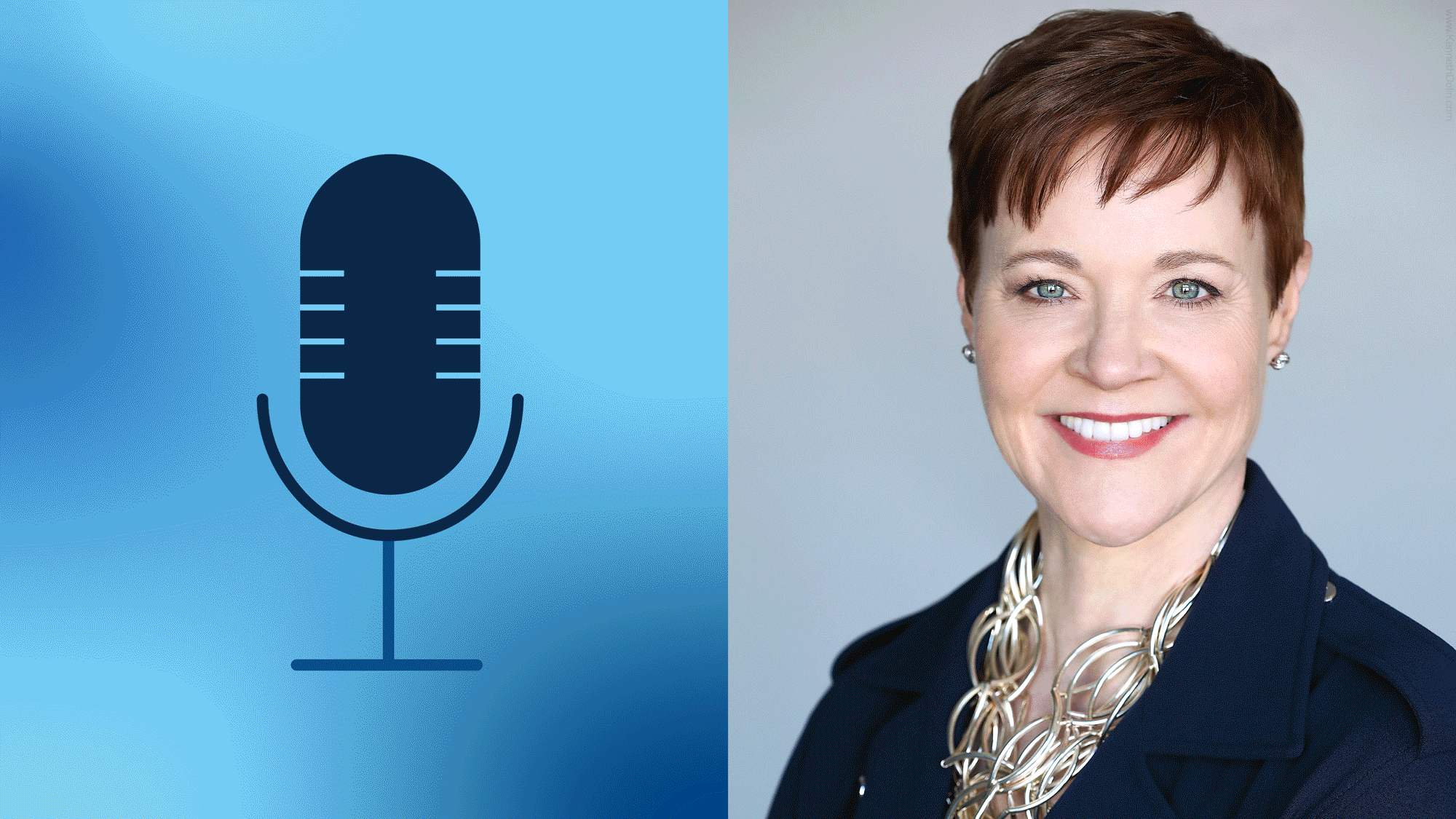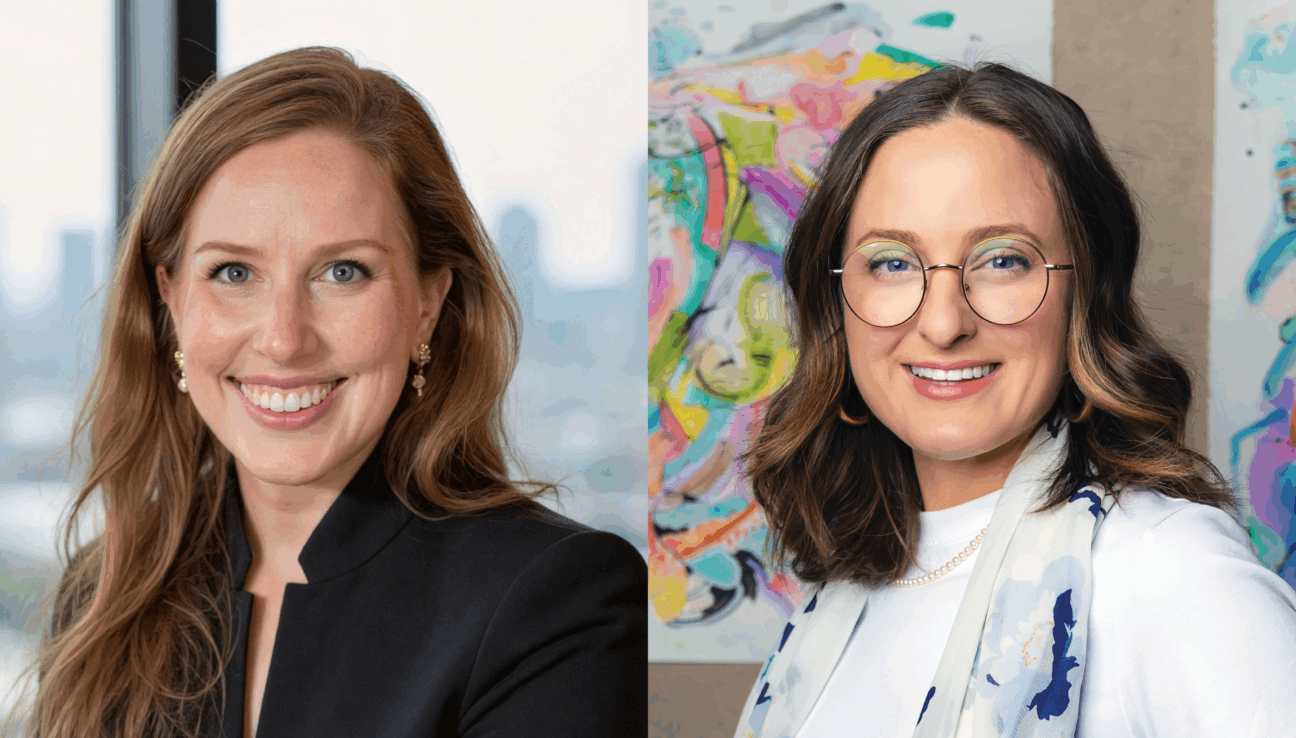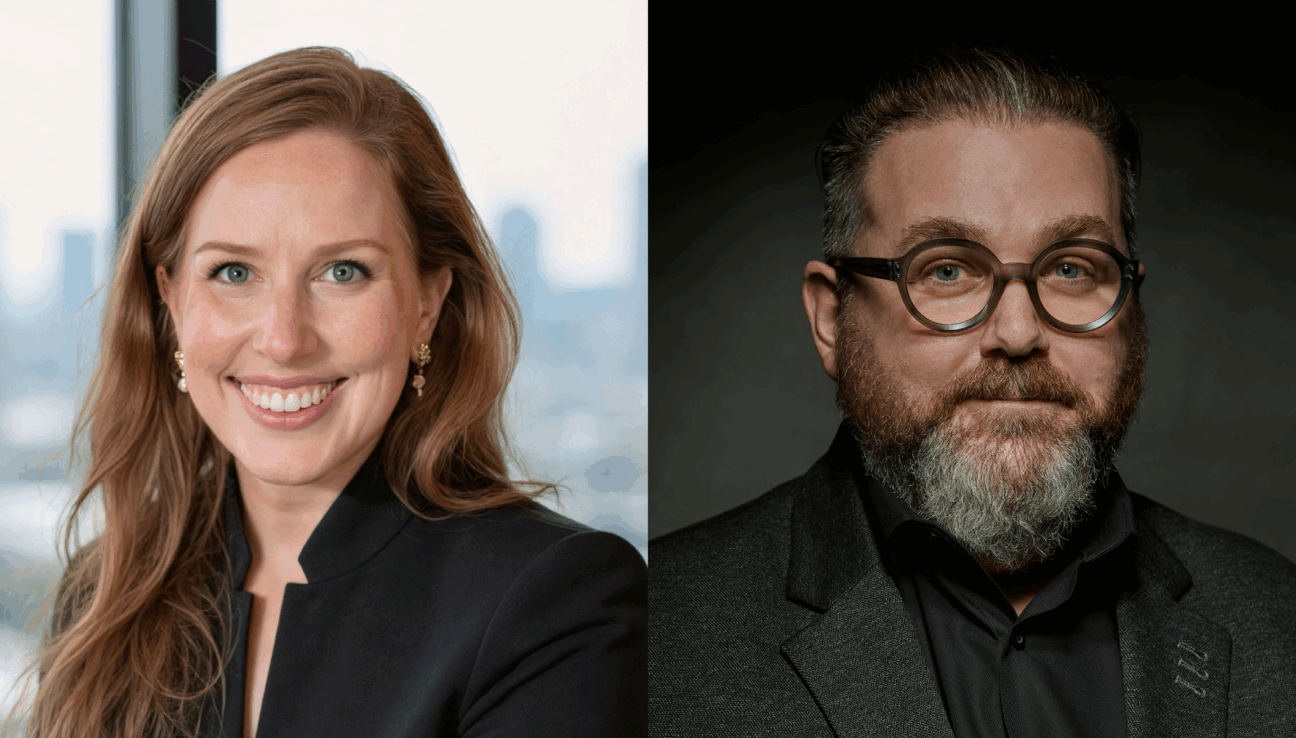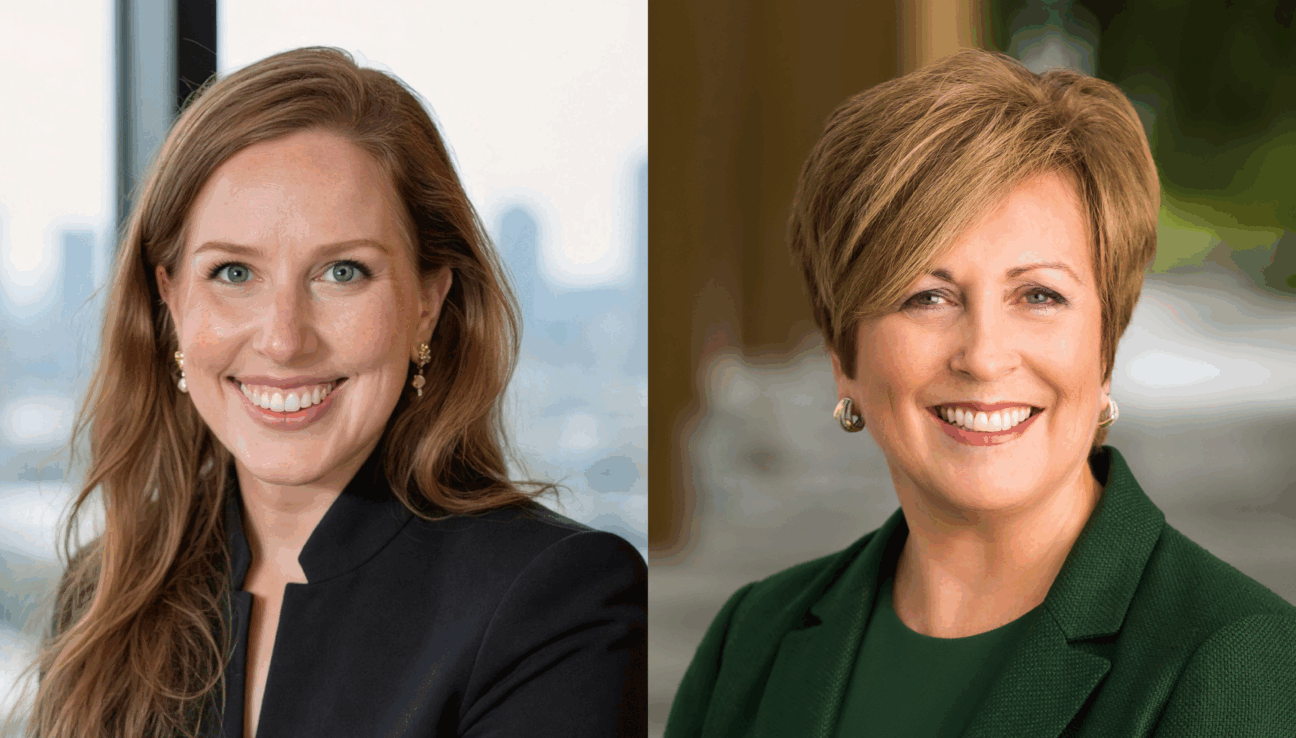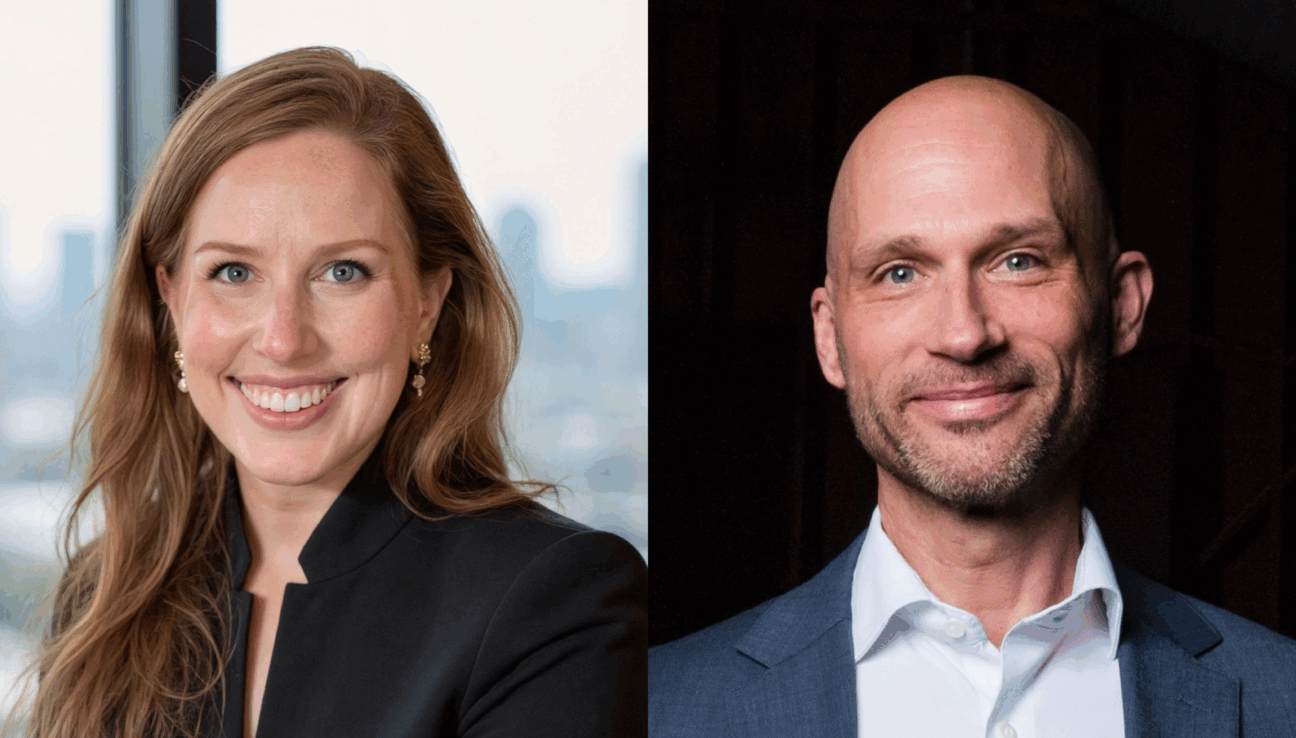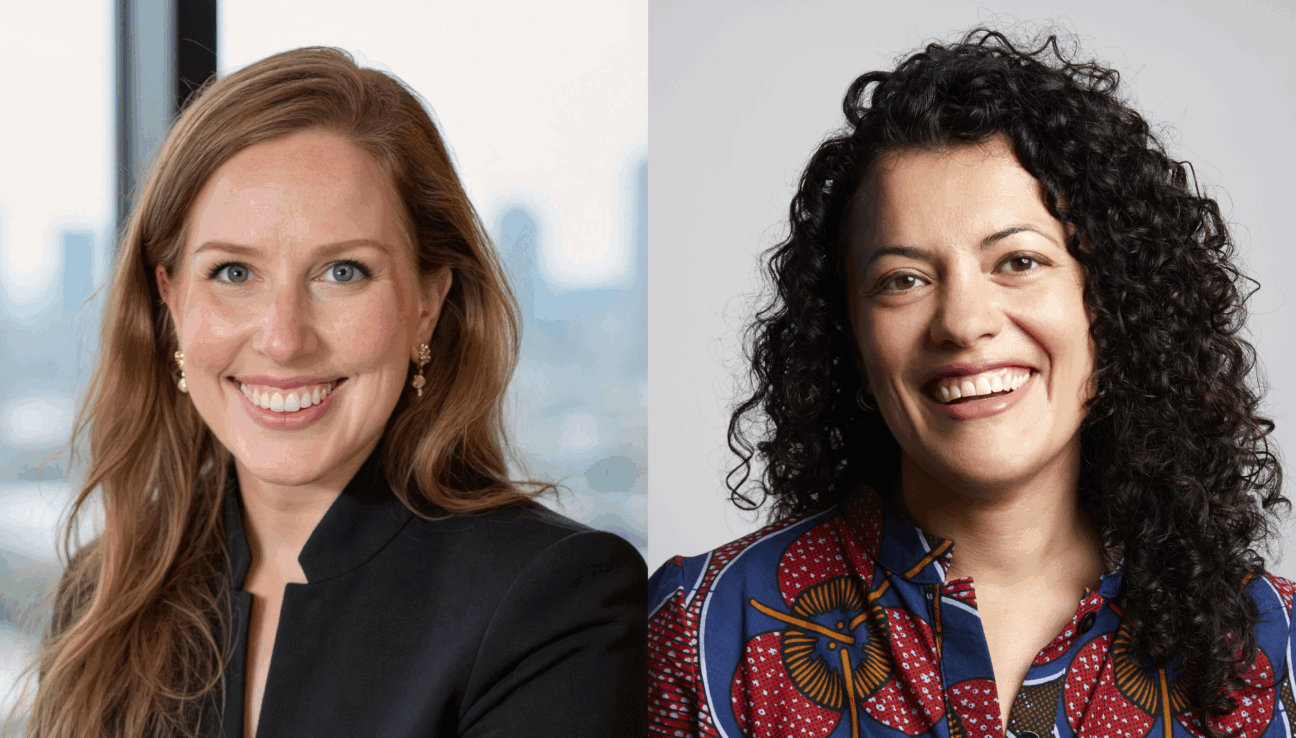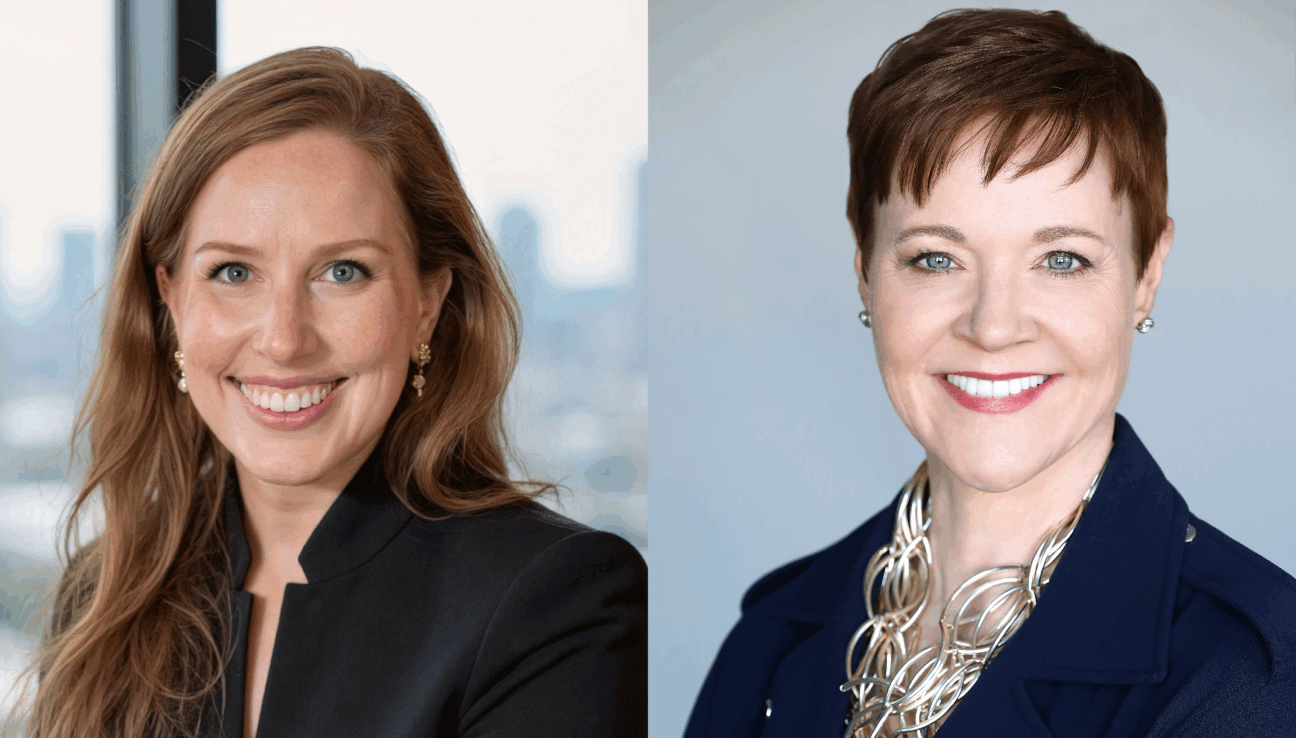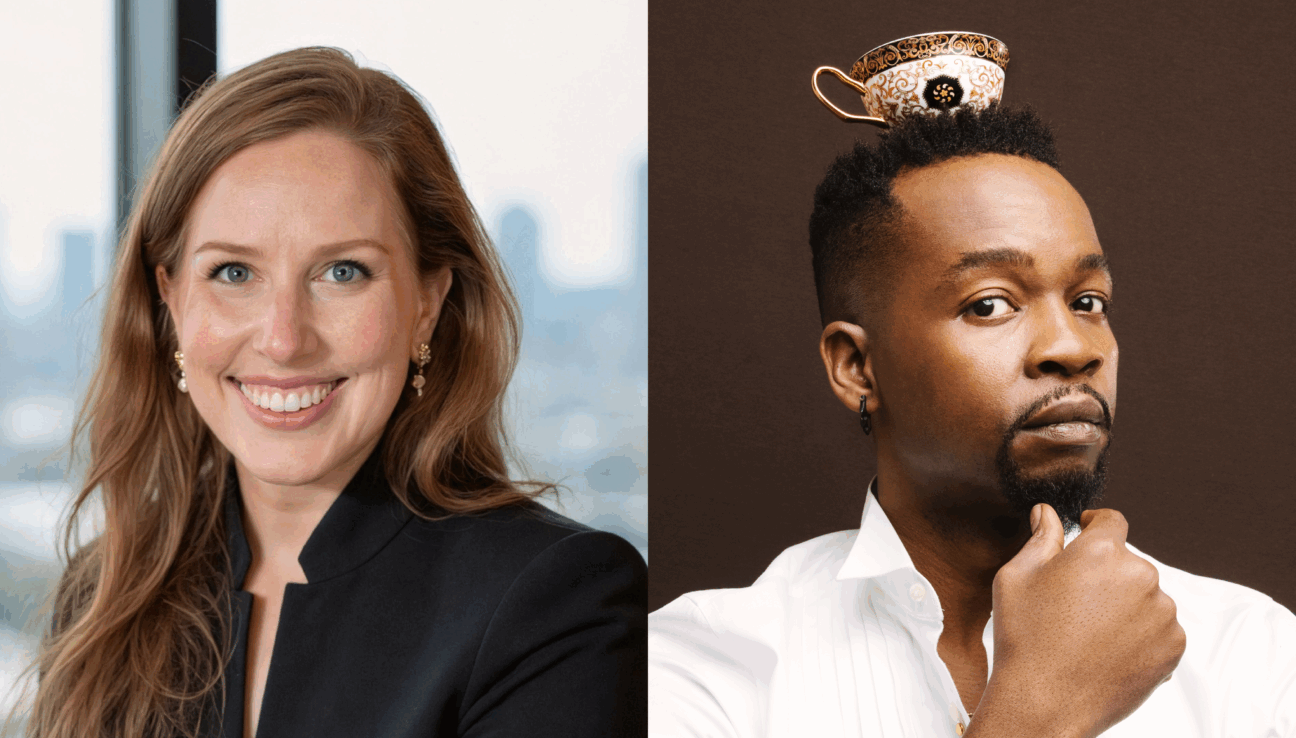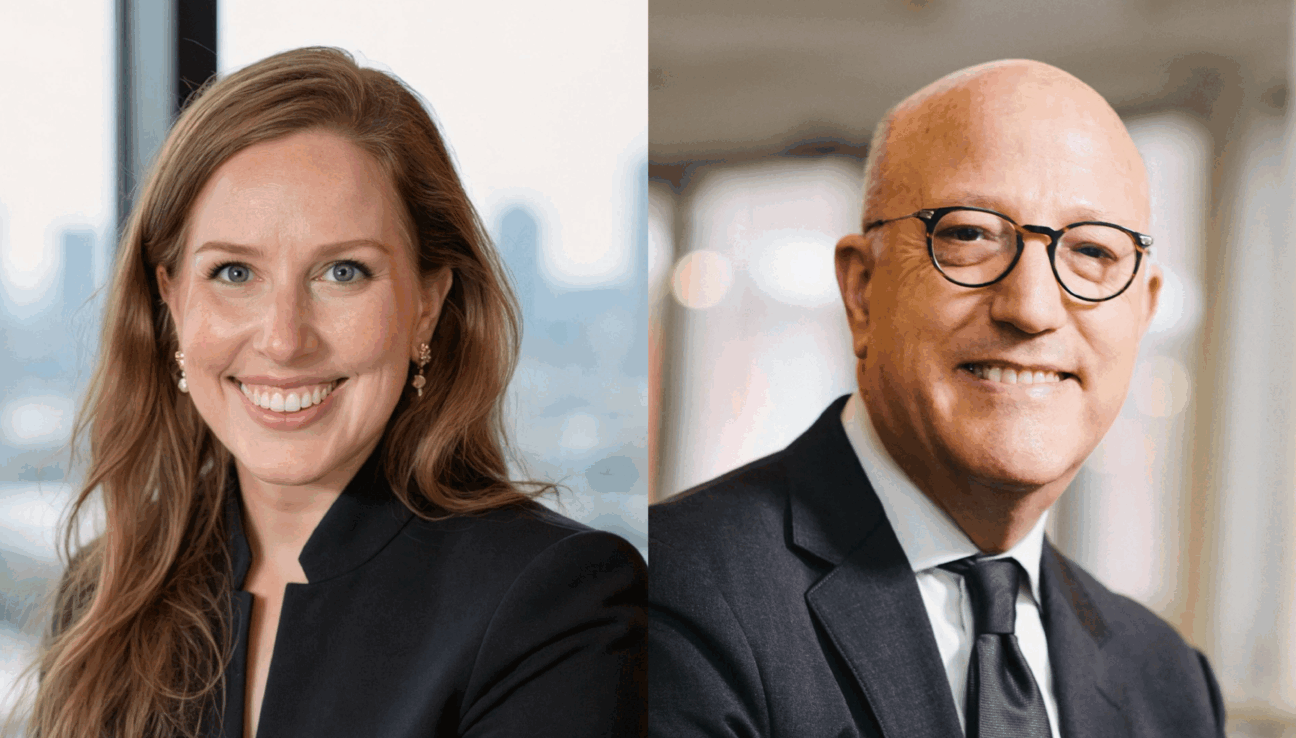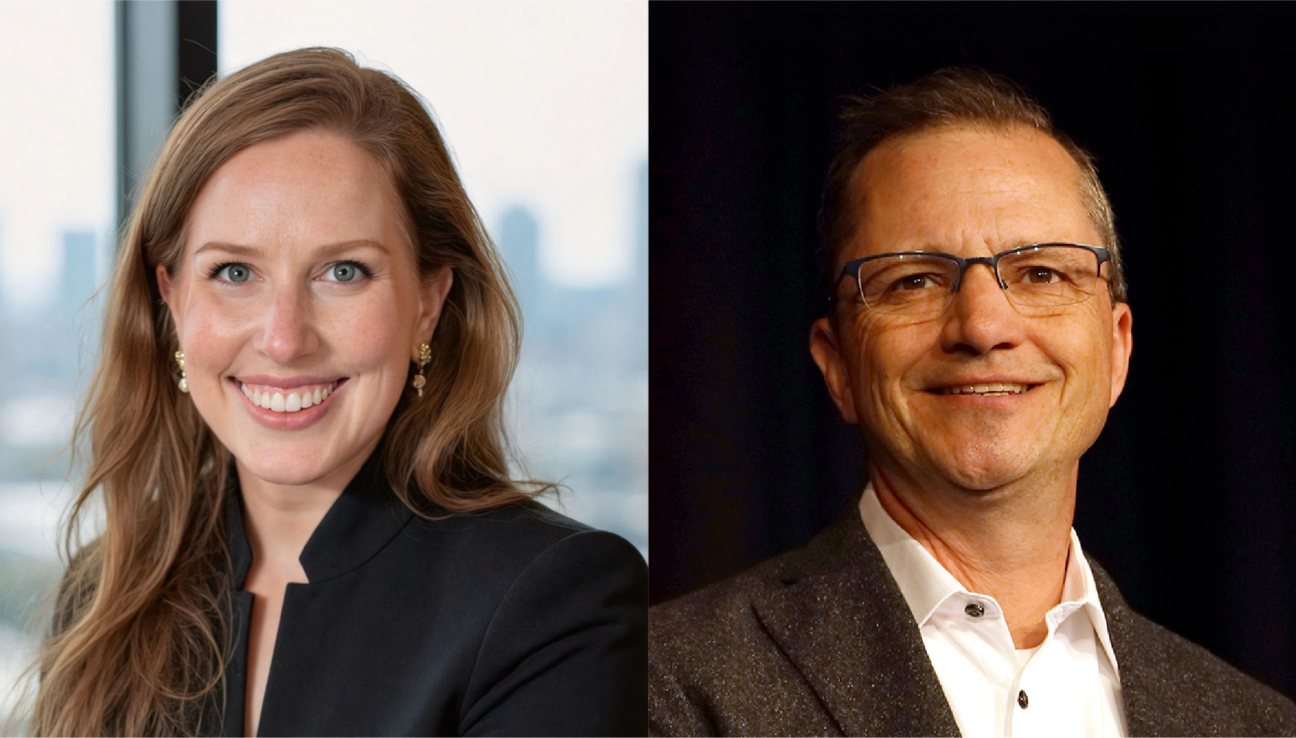
If you could spend a year visiting arts organizations around the world, what patterns would start to emerge—and which assumptions would fall apart?
Last year, Andrew Recinos, President & CEO of Tessitura, embarked on a global listening tour that took him inside cultural institutions across ten countries. Despite vast differences in geography, scale, and discipline, he heard strikingly similar themes—of reconstruction, resilience, and the challenge of evolving without losing core purpose.
In this episode, Andrew explores what a global vantage point reveals about the state of the field, why innovation requires “eating good ideas,” and how technology can act as a co-intelligence that deepens, rather than diminishes, meaningful human connection.



